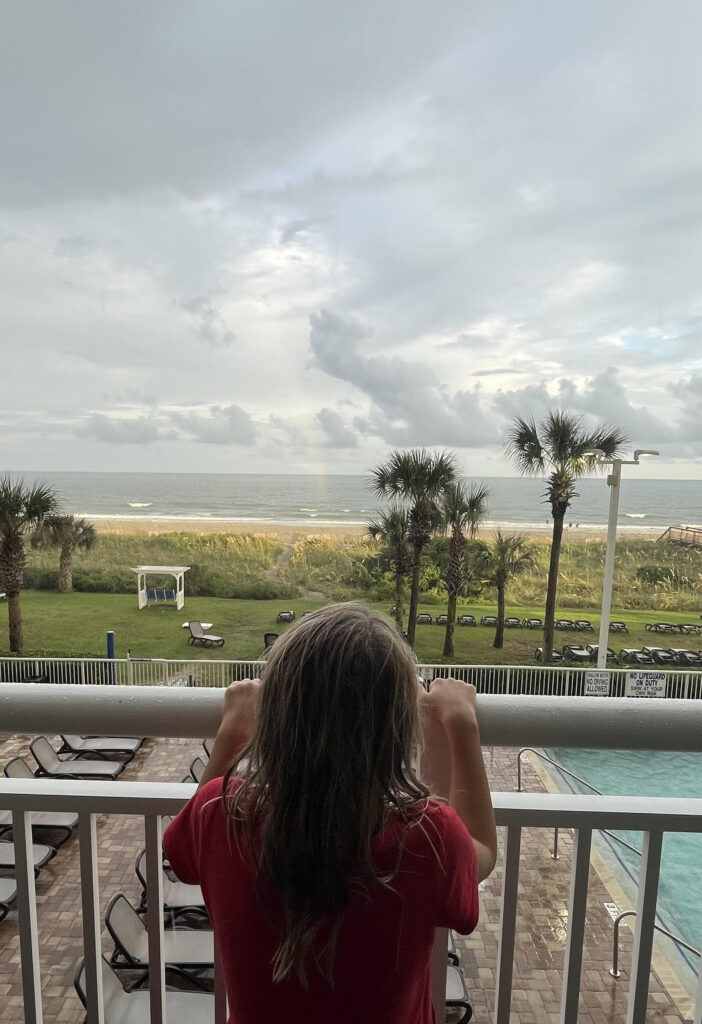
We’ve all done it. Missed the turn the GPS warned us was coming up in less than a quarter mile. It’s the moment you hear, “recalculating” that you hold your breath because you don’t know which way you’ll need to go and you’re not sure if you’re going to miss the next turn while you wait in anticipation for the next direction, hoping you aren’t adding too much time to your trip.
Now imagine your GPS got stuck “recalculating” and the rest of your drive, your life, you no longer have a map to tell you unequivocally how to get to your destination, but you can’t stop driving to figure it out. You must keep going. You don’t even have a destination anymore, you just pray wherever you end up will be just as rewarding as the place you initially planned to go.
This has been my life since the moment my son was born. When Asher was born in the hospital two months premature, the map my husband and I were following vanished. I was in uncharted territory, and it was up to me to figure out how to navigate this unpaved terrain.
While it was scary, I had no other reason but to assume my GPS would work itself out after my son’s stay in the special infant care clinic, and we would be back on track. Then days, weeks, and months passed, and my child’s body grew but his development just barely progressed. With each doctor’s visit, there was a small diagnosis added to my son’s list but no cause. No real reason why he was born with clubbed feet, or why he had torticollis or low tone or intermittent strabismus or global developmental delay. All things that were individually small, surmountable obstacles.
Every time I had an appointment, there was always a discussion about time. Time to catch up. Time to fix his eyes. Time to learn his milestones. I clung to the idea that we had time. More finite diagnoses like Cerebral Palsy and Fragile X were thrown around but often we were told it was not the case. An MRI showed a normal brain and I just kept pushing forward optimistically. No official diagnosis felt like I could ignore all the other symptoms because it meant there was hope my child could “catch up” and eventually be like every other child navigating their world.
Eventually there was a referral to a geneticist, which also yielded no results. No Fragile X. More testing, no results. More testing, no results. I felt unbelievably torn. I was desperate to know what was wrong with my child, but I was also wildly clinging to the idea that he would be “okay.” So, when there were no results, it allowed me to hang onto the belief that my child still had a chance to catch up to his peers.
But the relief of no results never lasted long and the feeling of being lost, with no home, no support system of people that could say “I know what you’re going through” and “here’s what we went through and ended up,” is exhausting and suffocating and heartbreaking all at once. I would stay up late into the night googling my son’s symptoms and sifting through obscure genetic syndromes. It got to the point where I actually became EXCITED to find a genetic condition that matched my son’s symptoms so we could finally find a place for our son, for our family. To have a support system to stop driving in the dark, to settle in with a decision and a way to move forward.
This went on for years. YEARS. It was a crushing limbo of “will he or wont he?” “can he or can’t he? Where are we now and where are we going?
It’s a feeling most people will never understand. Even those who have children with known syndromes that are diagnosed upon birth. They are allowed to move on, to accept. They are given a new map, one doctor’s and parents are able to help them traverse. I was never given that. My GPS was never allowed to recalculate because it didn’t even have an address to enter into the system. It was that, the unknowing, that was the hardest obstacle to acceptance. Because I didn’t know that I had to accept. I didn’t know WHAT I had to accept.
So, to all of my undiagnosed families out there. I see you. I hear you. I feel what you feel, and I hurt the way you hurt. And if I could say one thing to you it would be to stop obsessing and start accepting right now, without closure. It doesn’t mean you stop searching for answers, it just means you look up towards the passing scenery and enjoy the view because it really isn’t about the destination anymore, it’s about the in between.
The trip you are taking will torture you, but it will also change you. It will give you life you never knew existed and a path far more suited to your true self. Take the good with the bad and love deeply the way you were meant to. Your child isn’t worried about where they are right now, they just need you to enjoy the road with them. Release your need for control and for knowing. You may never have an official diagnosis and that’s okay, because your child will guide you, they will be tour GPS, I promise. Just listen to them above all else and you will never be lost again.
Share this blog post…
Leave a Reply